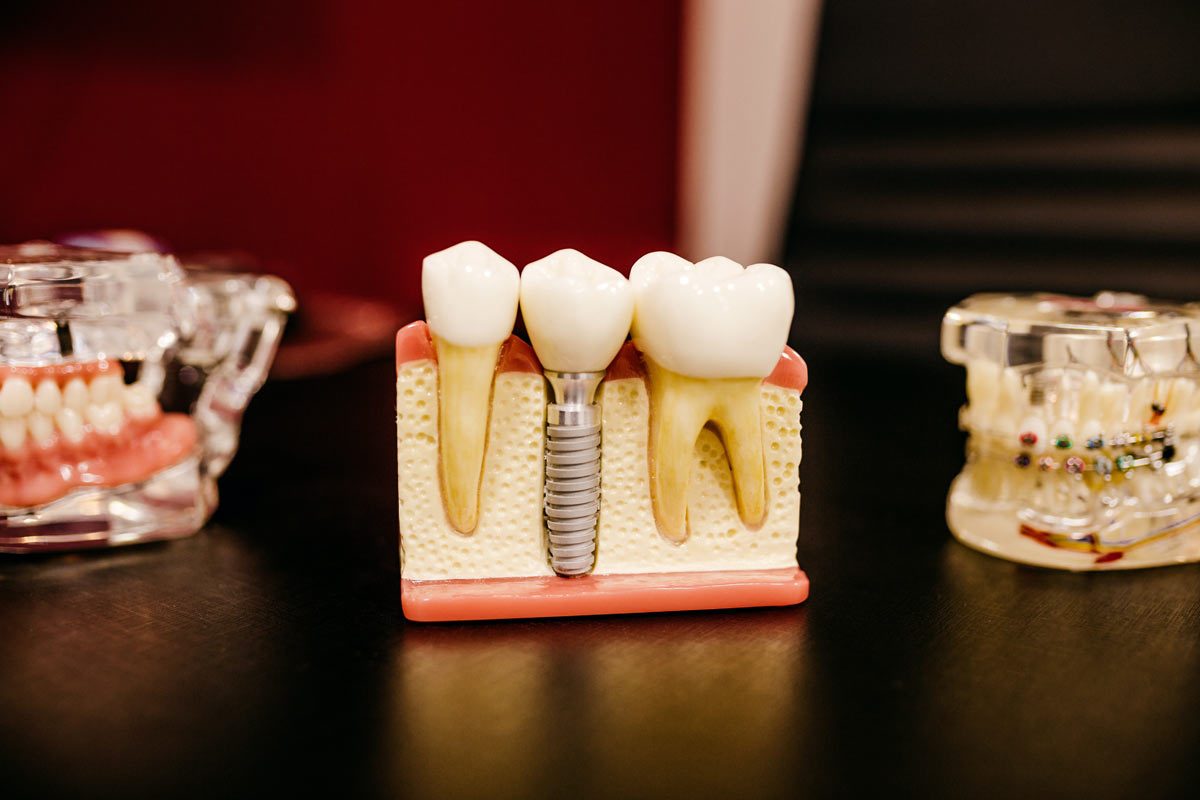A surgical treatment called a bone graft is performed to treat issues with bones or joints. Bone grafting or the transplantation of bone tissue can repair bones injured by trauma. When there is bone loss or a fracture, such as a total knee replacement, it is also helpful for growing bone around implanted devices. In addition, a bone graft can help stabilize a structure or fill in a gap without bone. With a bone graft, the bone may be wholly synthetic, taken from a donor, or taken from your body. If the body accepts it, it may be a framework for growing new, living bones.
Do Dental Bone Grafts Have a Chance of Failing?
Unfortunately, the short answer to this question is yes. Surgical methods like bone grafts are only sometimes successful. Bone grafts might fail if performed by an untrained surgeon, which is also occasionally the case with skilled surgeons. A bone graft may fail or develop an infection due to your health issues or improper postoperative care. The graft will not succeed if the material utilized is contaminated with bacteria. Similarly, there is a chance that the infection will spread to the patient if the tools are contaminated. Make sure to find the best dental clinic where you can trust your skilled surgeon as well as proper sterilization. The following indicate failure of a dental bone graft:
- Pain or swelling that gets worse after the first week.
- Pus or drainage coming from the bone graft area.
- Gum recession (when the gums pull away from the teeth).
- Jawbone volume did not increase.
What Leads to the Failure of a Dental Bone Graft?
There are early and late stages of failing dental implants. You will start noticing symptoms three to four months following your operation if you suffer early failure. To prevent failure like sterility, your dental hygienist must take the proper precautions. However, even with the best surgeon, it’s still conceivable that the implants and your jaw won’t integrate properly. You may notice one or more of the following indications if you suffer early failure:
- It’s possible that your implant isn’t receiving enough blood flow.
- Your health could deteriorate.
- You could have an infection in your mouth.
- Your implant could move before you’ve fully recovered.

After surgery, it may take between 12 months and ten years for you to experience any symptoms of late Failure. The warning symptoms include:
- a bacterial infection
- You may start clenching your teeth,
- decline in your dental hygiene.
- You might notice food between your implants;
- There might not be enough bone or gum tissue in the area;
- You might feel pain in your neck and head;
- Your implants might be under more stress.
Signs of Dental Bone Graft Infection
Occasionally, infections may appear near a dental bone graft. Peri-implantitis is a common name for the gum disease that causes these. The bone graft will not succeed without treatment. And there is a chance that the infection will grow, spread, and eventually infect other areas of the body if a dentist doesn’t treat the mouth. Many treatment methods are available depending on the severity of the illness if it does arise. The following are typical signs to watch out for that may point to a bone graft infection:
- A persistent bad taste in your mouth
- Poor breath
- A fever or elevated body temperature
- A persistent, painful throbbing that lasts longer than a few days around the bone graft area
- Bleeding when brushing around an implant
- Increased body temperature
Untreated complications might have detrimental effects. For example, in some circumstances, bone grafts can result in scar tissue. Therefore, bone graft surgery may need to be repeated to ensure that bone forms at the site. Sometimes, your body may reject foreign objects, or the process may harm nearby tissues such as blood vessels, nerves, or teeth. The same is true with upper jaw bone grafts; sinus issues may result if the graft protrudes into the sinus cavity. Always visit your dentist immediately if you have any concerns or think a bone graft might be giving you problems. Contact us at ORIS Dental Clinics and schedule an appointment if you live in Richmond Hill, Ontario and are worried about the possibilities of your graft failing.




